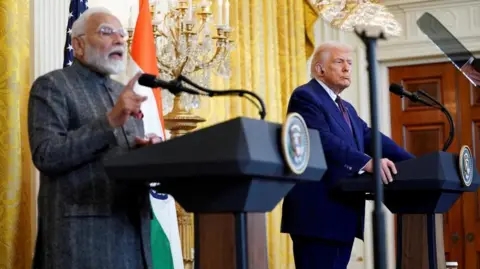A recent investigation has revealed that Chinese students studying at British universities are reportedly being instructed to surveil their classmates, particularly to suppress discussions on topics deemed sensitive by Beijing.
The findings, compiled by a UK-based research group, suggest that some students have been warned by Chinese officials to report on peers engaging in conversations about contentious subjects, including human rights issues in Xinjiang, the origins of COVID-19, and the influence of Chinese tech firms.
Additionally, several academics specializing in China-related studies claim they have faced intimidation, including visa denials and harassment of family members in China, due to their research. Some professors also reported pressure from visiting scholars and staff affiliated with Confucius Institutes—cultural centers funded by Beijing—to avoid certain topics in lectures.
The revelations come as new UK legislation strengthens protections for free speech on campuses, requiring universities to actively safeguard academic freedom or risk substantial fines. Critics argue that some institutions may hesitate to confront foreign interference due to financial reliance on tuition fees from Chinese students.
A spokesperson for the Chinese embassy dismissed the allegations as baseless, reiterating Beijing’s commitment to non-interference in other nations’ affairs. Meanwhile, UK education officials have vowed to enforce strict measures against any foreign attempts to stifle open discourse, emphasizing that academic freedom is non-negotiable.
The debate continues as universities balance international partnerships with the imperative to protect free expression on campus.









